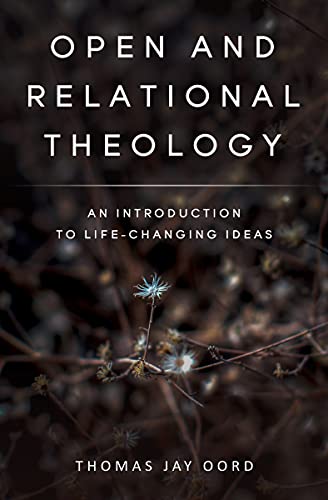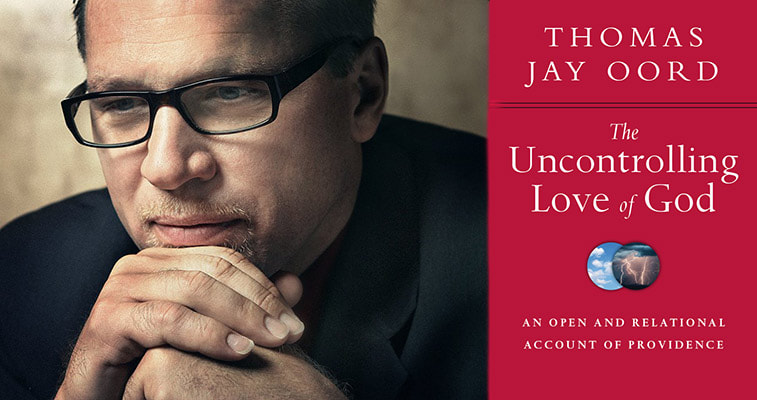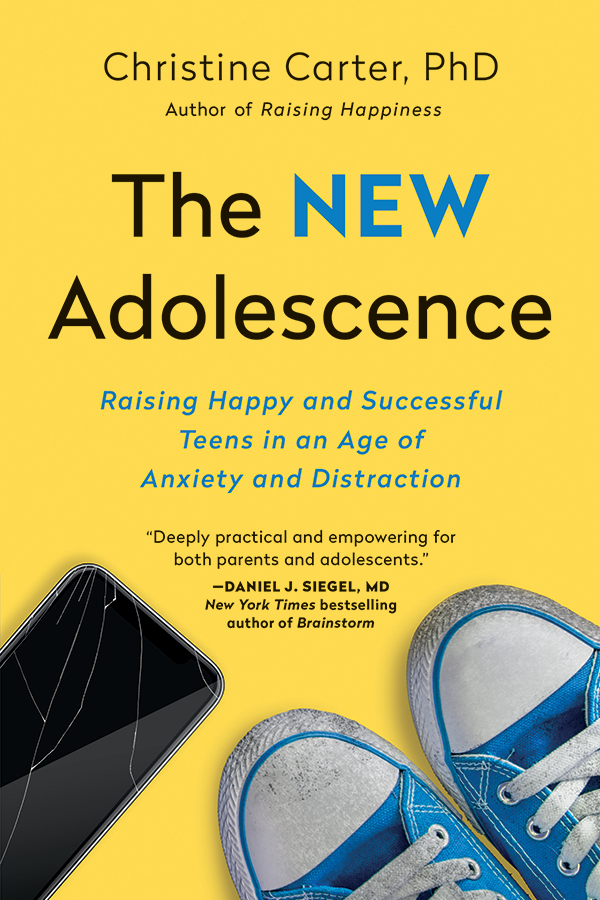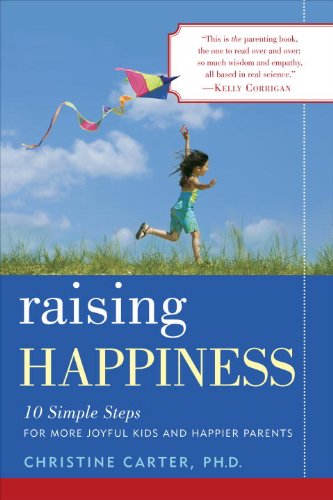
Photo by Kelly Sikkema on Unsplash
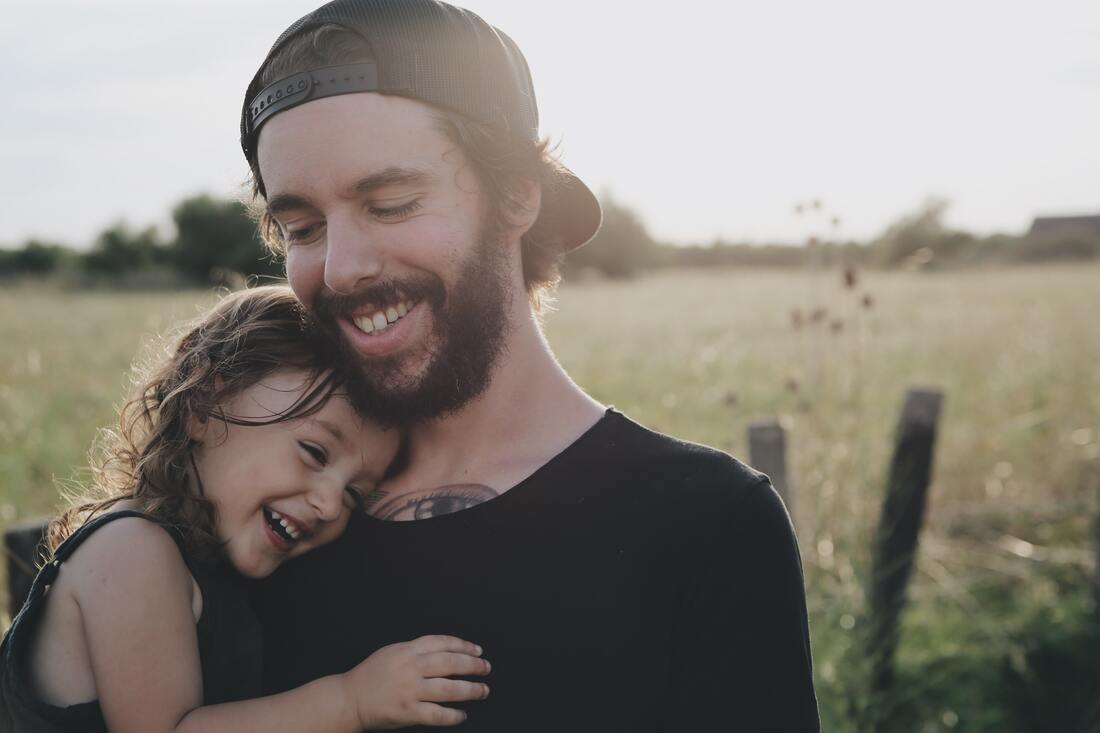
Photo by Caroline Hernandez on Unsplash
|

Photo by Sai De Silva on Unsplash
|
- Home
- Process Worldview
- Community
- Art and Music
- Whitehead and Process Thinking
- Podcasts
- Spirituality
- Ecological Civilization
- Education
- Contact
- Social Justice
- Science
- Animals
- Sacred Poems
- Whitehead Videos
- Index of All Titles
- Practicing Process Thought
- Process Spirituality: A Spiritual Alphabet
- Recent Posts
Thomas Oord on the Nurturing God
and Nurturing Parents
Most Americans, no matter what model of God they embrace, believe God is loving. Some who see God this way — let’s call them “Nurturants” because “Benevolents” is awkward — understand divine love differently than others. |
What's to learn from Positive Psychology
about Open and Relational Parenting?
How children can be nurtured in emotional literacy, a growth mindset, kindness, play, a sense of
being loved, gratitude, forgiveness, honesty, stick-to-itiveness, a sense of purpose,
and a sense of connection with other people and the natural world.
Emotional LiteracyGet out and playHumilityGratitudeA Sense of Purpose |
Growth MindsetKindnessA Sense of Being LovedForgivenessStick-to-itiveness |
Open and Relational Parenting: Three Key Ideas
|
I suggest that an open and relational parent, a nurturant, to use Thomas Oord's phrase, is guided by three ideas.
One is that of a sacred whole - God - in whose heart the universe unfolds, who loves each and every living being with tender care, who is a source of novel possibilities, and who seeks the well-being of each and all. This nurturing God is neither overly permissive nor excessively authoritarian, laissez faire nor rule-preoccupied. It is the kind of presence described by Thomas Oord in Open and Relational Theology and by Alfred North Whitehead when he speaks of God as a Harmony of Harmonies embracing the universe. The second is that of a world of mutual becoming, in which each living being is unique and yet connected to all the others, in which all living beings are worthy of respect and care, and in which happiness is found not through appearance, affluence, and marketable achievement, but through compassion, creativity, wisdom, and positive social connections. This world includes the hills and rivers, trees and stars, as well as human beings, and one sign of growth is humans is that they understand themselves as small but included in the larger whole. The third is the idea that, at this stage of history, the most important thing we can do is to help build local communities that are creative, compassionate, participatory, inclusive, good for animals, and good for the earth, with no one left behind. These are the building blocks of what open and relational thinkers call "ecological civilizations." They are civilizations in which respect and care for the community of life is a shared value, lived out in daily life. Christine Carter, PhD, executive director of UC Berkeley’s Greater Good Science Center, is not a philosopher or theologian. She does not rely on open and relational understandings of God or the universe to inform her work, but rather on sociology, psychology, and neuroscience. And yet her advice, as illustrated in her books and the videos below,. can enrich an open and relational approach to parenting. What does open and relational parenting look like? I think it looks like the way Christine Carter describes it in the videos above. |
